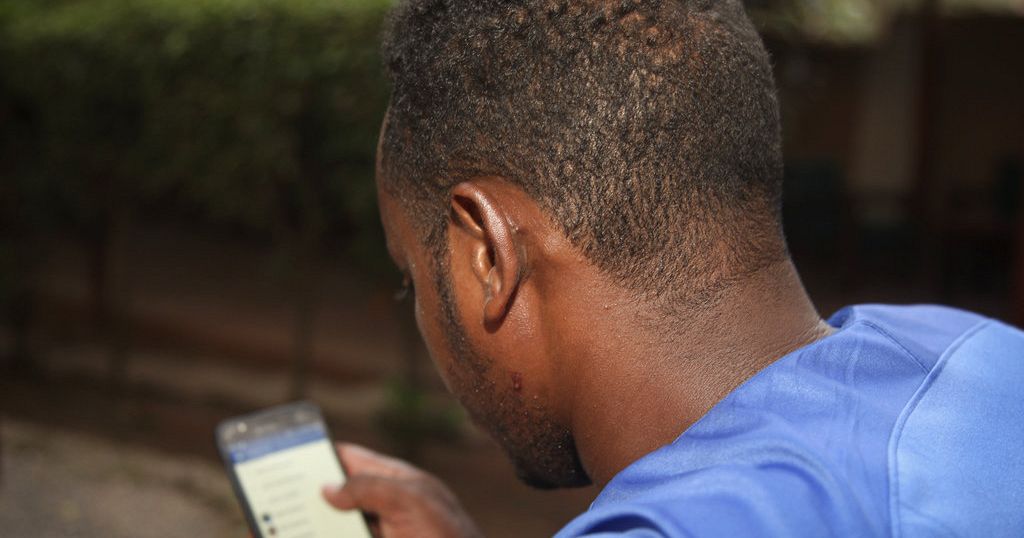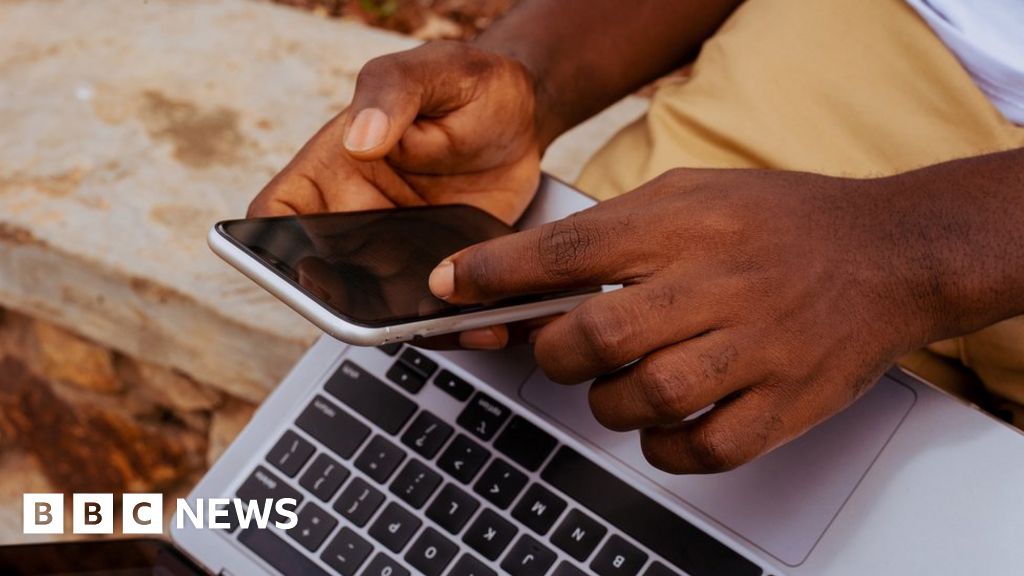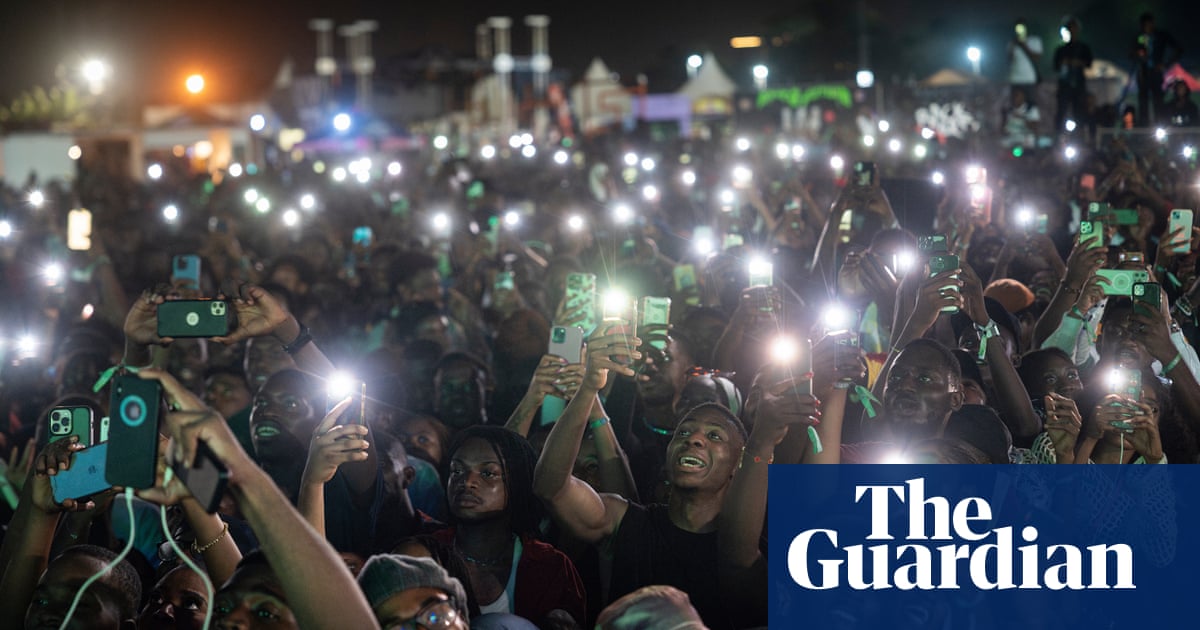On Thursday, March 14, a major internet outage troubled multiple countries across Africa leaving millions of users stranded without connectivity. The disruption went through nations including South Africa, Nigeria, Ghana, Liberia, Ivory Coast, Benin, and Burkina Faso, impacting services and disrupting businesses heavily reliant on online platforms.

Also Read: Cognition Introduces Devin, Worlds’s First AI Software Engineer
The internet outage was widespread with countries experiencing varying degrees of connectivity loss. Liberia at one point plummeted to just 17% internet accessibility, while Ivory Coast saw a drop to around 4%. Other nations including Benin and Ghana faced connectivity rates as low as 14% and 25%, respectively.
The internet outage has caused trouble over a dozen nations including South Africa, Nigeria, Ivory Coast, Liberia, Benin, Ghana, Burkina Faso, Gambia, Guinea, Niger, Namibia, and Lesotho.
Data from internet observatories such as Netblocks and Cloudflare reveal varying degrees of disruption with some countries experiencing severe outages while others struggle with connectivity issues.
Ivory Coast internet connectivity plummeted to a 4% on Thursday morning leaving citizens severely handicapped in accessing online services. Businesses including mobile money transactions were paralyzed due to the outage.
Liberia at one point internet availability dropped to 17%, exacerbating concerns about services and international communication channels.
Benin, Ghana, and Burkina Faso, these countries also experienced disruptions, with internet connectivity dipping to high levels.
The exact cause of the cable failures remains in uncertainty making speculation and concern among experts and users alike.
While undersea cable damage is not uncommon the scale and severity of this outage suggest a deeper underlying issue.
SEACOM a cable operator in the region, confirmed disruptions on its West African Cable System, necessitating the rerouting of traffic through alternative networks such as the Google Equiano cable.
Also Read: European Union Approves World’s First Set of AI Regulations
Initial assessments suggest a major disruption to international transits, near the subsea network cable landing points, indicating challenges in restoring connectivity quickly.
The internet outage has underlined the critical role of internet connectivity in driving economic activities and delivering services across Africa.
Businesses particularly those reliant on online platforms for transactions and communications have been impacted leading to financial losses and operational disruptions.
Reports from affected countries show a picture of stalled businesses disrupted financial transactions and limited access to international communication channels.
Concerns loom large over the delivery of services, with fears of prolonged disruptions exacerbating existing challenges in healthcare, education, and commerce.
Network operators and authorities have been struggling to mitigate the impact of the outage and restore connectivity to affected regions.
Efforts to reroute traffic through alternative network paths such as the Google Equiano cable, aim to alleviate the strain on existing infrastructure and expedite the restoration process.
MTN Group one of Africa’s largest network providers has been actively working to reroute traffic and address the underlying cable failures.
Internet analysis firms including Cloudflare and NetBlocks, provided technical insights into the outage, addressing disruptions in international transits and identifying affected subsea cable systems such as SAT-3, MainOne, ACE, and WACS.
Also Read: Google Restricts Gemini AI Chatbot from Election Queries





















